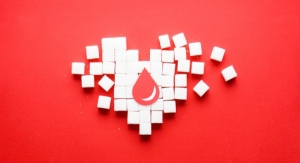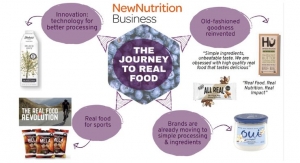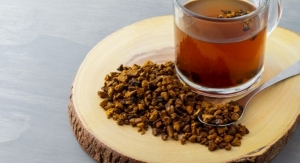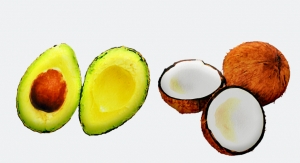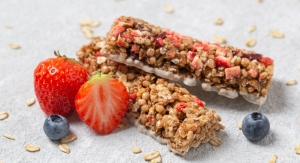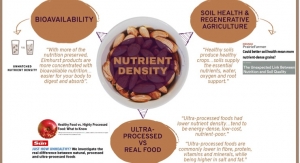By Sean Moloughney, Editor11.01.18
Faced with a barrage of evolving (at times conflicting) “facts” online about proper nutrition, it’s challenging for consumers to make informed decisions about the health and wellness of their families.
It’s not surprising that two thirds of Americans are confused about food and health, according to the International Food Information Council. I was a bit surprised though to learn 19% of Americans say they have taken a DNA test for dietary reasons. According to New Nutrition Business research, half of the population believes each person is unique and therefore has different nutritional and metabolic needs.
The concept of personalization seems to have strong foundational standing for future product development. The hurdles are still high for businesses to deliver effective, individualized solutions at scale, but companies see opportunities and are chasing after them.
However, in general, brands may need to temper expectations. As Julian Mellentin, director of New Nutrition Business, noted in his annual update on “Key Trends in Functional Foods & Beverages,” “IRI’s Pacesetters report showed that launching a new product and making a quick and big success is much less likely than in the past. As IRI noted, ‘sub-$20 million launches have become the norm.’ For example, in 2014, 37% of new Pacesetter brands earned less than $20 million (€16.6 million) in first year sales; in 2017, 62% were below the $20 million threshold. As a result, businesses are ratcheting down their expectations of what success looks like.”
Still, you never know when an idea will catch the wind and really take off. For example, in Netflix’s new romantic comedy, “To All the Boys I’ve Loved Before,” a character drinks from a distinctive little bottle that had Twitter buzzing.
While not referred to by name—the drink is referred to as a “Korean yogurt smoothie,” it’s clear the product is Yakult, the probiotic drink from Japan-based Yakult Honsha which contains the bacteria strain Lactobacillus casei Shirota. Not only did the product’s “mention frequency” spike after the release of the film, but the company’s stock jumped up as well. Social media trends clearly can’t be denied. For an interesting look at what consumers say and post about health ingredients on Instagram, check out New Nutrition Business’ recent analysis on page 14. Trends change and evolve over time, and sometimes success does too. Reimagining how your brand can succeed in a fast-moving world may make good business sense.
It’s not surprising that two thirds of Americans are confused about food and health, according to the International Food Information Council. I was a bit surprised though to learn 19% of Americans say they have taken a DNA test for dietary reasons. According to New Nutrition Business research, half of the population believes each person is unique and therefore has different nutritional and metabolic needs.
The concept of personalization seems to have strong foundational standing for future product development. The hurdles are still high for businesses to deliver effective, individualized solutions at scale, but companies see opportunities and are chasing after them.
However, in general, brands may need to temper expectations. As Julian Mellentin, director of New Nutrition Business, noted in his annual update on “Key Trends in Functional Foods & Beverages,” “IRI’s Pacesetters report showed that launching a new product and making a quick and big success is much less likely than in the past. As IRI noted, ‘sub-$20 million launches have become the norm.’ For example, in 2014, 37% of new Pacesetter brands earned less than $20 million (€16.6 million) in first year sales; in 2017, 62% were below the $20 million threshold. As a result, businesses are ratcheting down their expectations of what success looks like.”
Still, you never know when an idea will catch the wind and really take off. For example, in Netflix’s new romantic comedy, “To All the Boys I’ve Loved Before,” a character drinks from a distinctive little bottle that had Twitter buzzing.
While not referred to by name—the drink is referred to as a “Korean yogurt smoothie,” it’s clear the product is Yakult, the probiotic drink from Japan-based Yakult Honsha which contains the bacteria strain Lactobacillus casei Shirota. Not only did the product’s “mention frequency” spike after the release of the film, but the company’s stock jumped up as well. Social media trends clearly can’t be denied. For an interesting look at what consumers say and post about health ingredients on Instagram, check out New Nutrition Business’ recent analysis on page 14. Trends change and evolve over time, and sometimes success does too. Reimagining how your brand can succeed in a fast-moving world may make good business sense.




